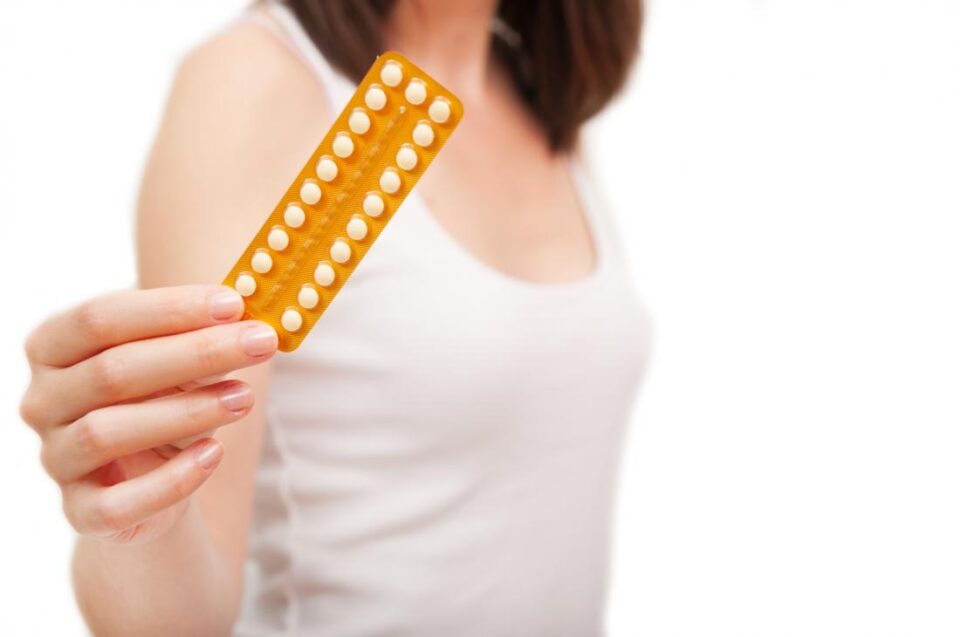You may wish to quit using the birth control method you currently use for various reasons. For instance, you may want to get a baby or even use alternative birth control measures that are safer for your health. Elizabeth Eden, MD, facog, explains why you should do this and how to stop using birth control. So, on what occasions should you stop using your birth control?
You have Negative Side Effects
Despite their positive impact, each birth control method has its side effects. However, the effects vary from one person to another. For example, a hormonal birth control pill causes mood swings, nausea, irregular menstruation, and weight fluctuations. Hormonal contraceptives, such as the hormonal birth control pill, can, for instance, result in nausea, mood swings, weight fluctuations, irregular menstruation, and sore breasts. You should look for an alternative if you do not like the hormonal effects on your body.
You’re Trying to Conceive
Birth control inhibits conception. Therefore, if you want to conceive, you should stop using it. As a result, you should get that IUD removed or even stop taking your daily hormonal pills and discontinue injections, etc.
You should note that birth control methods prevent ovulation and sperm from reaching the ovum. Furthermore, they prevent the fertilized egg from successfully implanting itself into the womb. Additionally, she recommends that you should avoid using birth control when you are pregnant.
You Suffer from Certain Medical Issues
If you have certain medical conditions, such as blood clotting and cancer, you are not supposed to use any birth control methods without a doctor’s guidance.
Additionally, she advises anyone over 30 who smokes, suffers from headaches, or has high blood pressure to stop taking the estrogen-containing medication because it may increase their chance of suffering a heart attack.
The heart attack will result from the increased blood pressure caused by the hormonal birth control pill. However, the good news is that for women with certain medical issues, progestin-only choices are frequently safe.
You Have Reached Menopause
Menopause typically occurs between the ages of 48 and 52; however, it can occur at any point in your 40s or 50s. During this period, you have minimal chances of getting pregnant. However, before this period, you should be careful not to get an unplanned pregnancy since there is no exact age at that you cannot get pregnant.
Getting Your Period Back
Determining when your body switches back to menstruating is inherently subjective and personal. Some birth control methods may prevent the production of the hormones necessary for ovulation and menstruation. However, most women have a 28-day menstruation cycle, whereas others can wait for months. If your menstruation periods skip for more than three months, you are advised to seek medical attention. After stopping using your birth control, your periods may be irregular initially, but later on, they will stabilize. Moreover, you might experience spotting or milder menstruation if you stop using them in the middle of your cycle.
You might experience acne, irregular or missed periods, or even changes in weight after you stop using birth control. Therefore, your body will need time to adjust and return to the baseline despite how long you have used the birth control. However, you are supposed to take an alternative to birth control if you have no intentions of getting pregnant. Moreover, you are advocated to use condoms to avoid getting STIs or even HIV/AIDs since contraceptives only prevent pregnancies.

